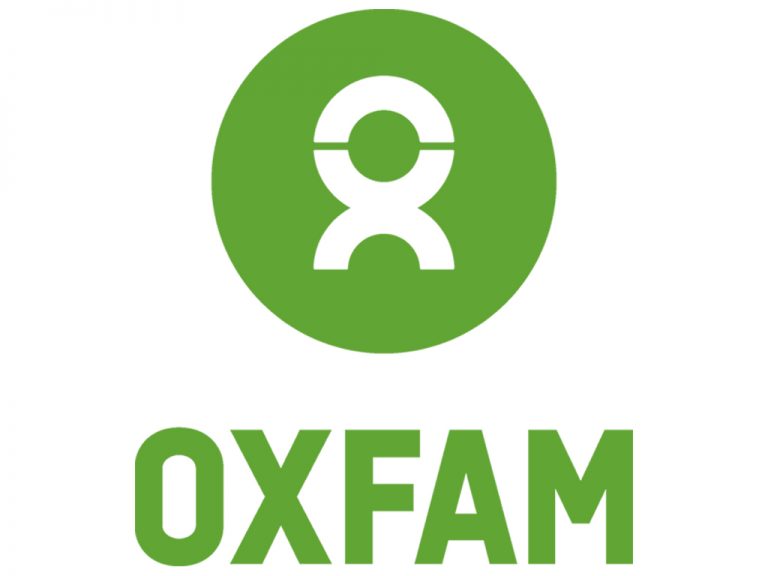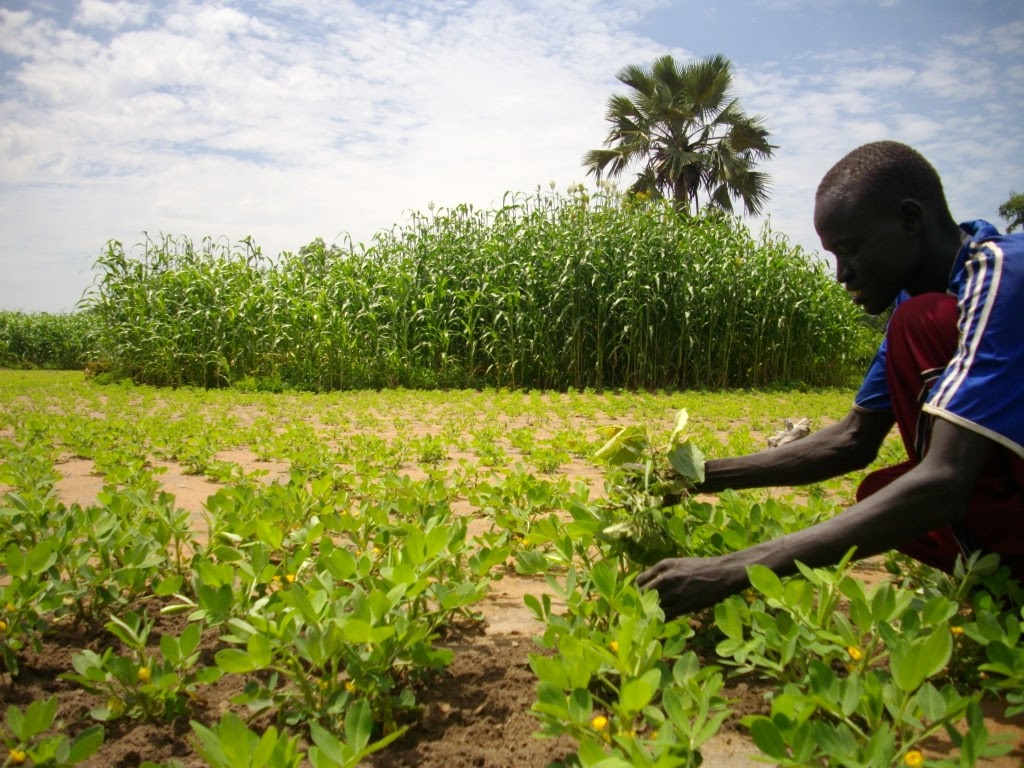
What were the diagnoses and opportunities on the urban food systems identified by UFH baseline reports in UFH countries?
Topic(s): Business & Economics, Culture & Society, Gender, Sustainability
Location(s);
Partnership(s): Oxfam

Student Team
Schilder Ominde
Governance and Policy, 2025
Kenya

Hira Noor
Sustainable Development, 2025
Pakistan

Jailene Castillo
Governance and Policy, 2025
Belize

Janyl Ismailova
Governance and Policy, 2025
Kyrgyzstan

Project Overview
The Urban Food Hive Initiative (UFH) is focused on the issue of urban food insecurity and hidden hunger, which is becoming more prevalent as people move to cities. Inflation, climate change, and global disruptions have worsened hunger in both urban and rural areas. Oxfam and its partners lead the UFH in five countries across three regions. The initiative’s goal is to empower underserved urban and peri-urban communities, particularly women and youth, by establishing regenerative and equitable food systems. The project involves conducting baseline reports, piloting urban food hive initiatives focused on food production, policy, and culture shift, and answering key research questions. The project will provide i-Lab students with an opportunity to synthesize UFH’s framework, findings, and interventions to inform policy and raise awareness.
Faculty Team
Melissa Paulsen
Entrepreneurship and Education Program Director; Integration Lab Administrative Director; and Professor of the Practice